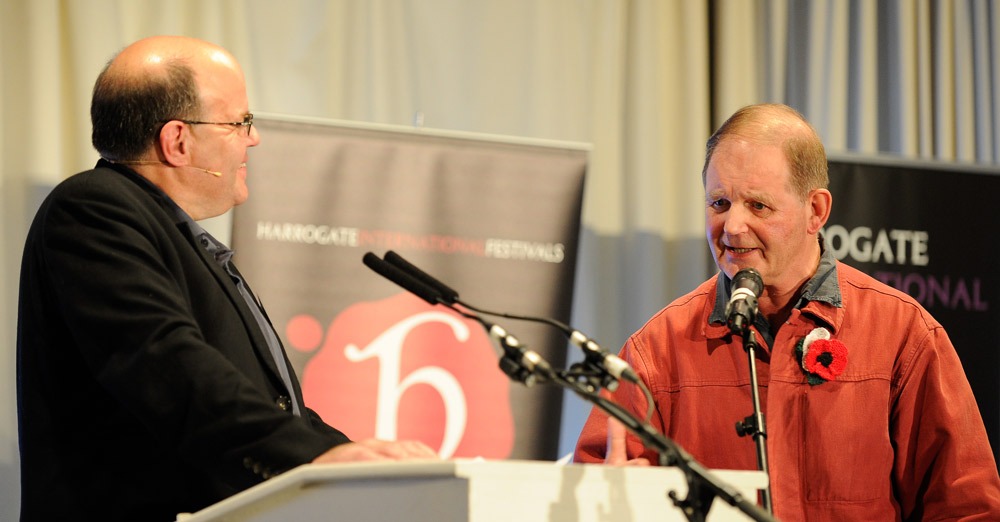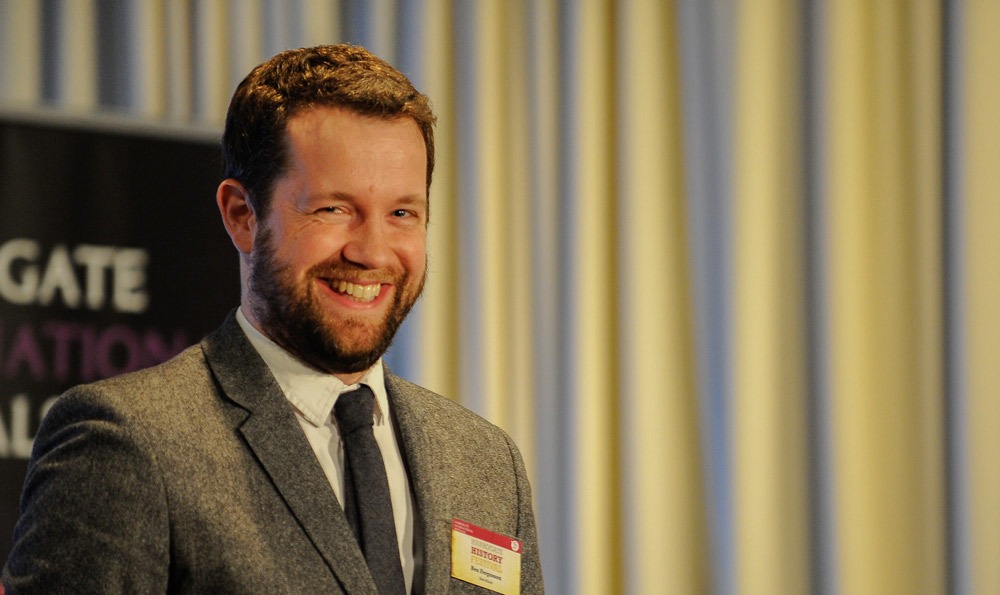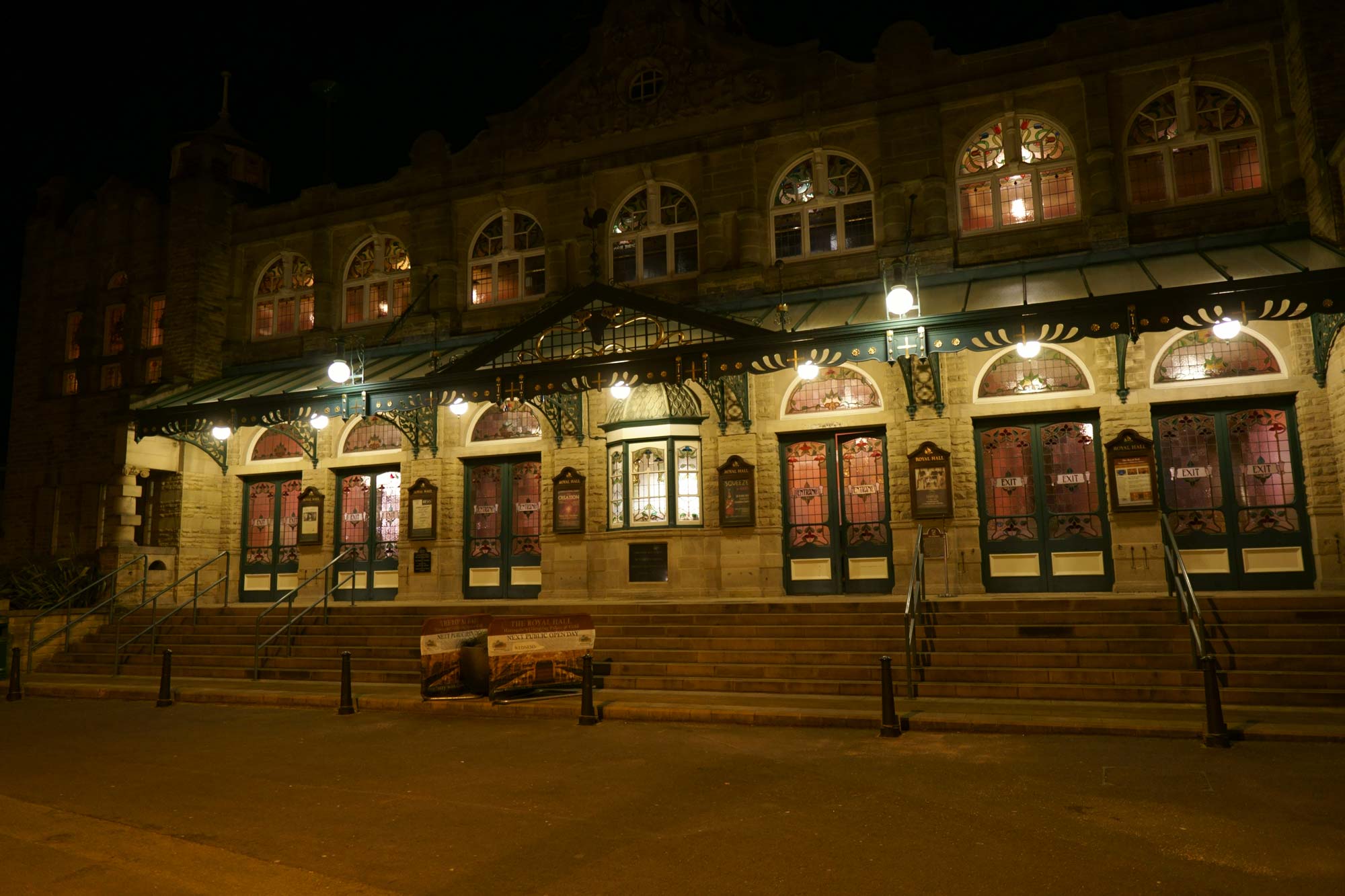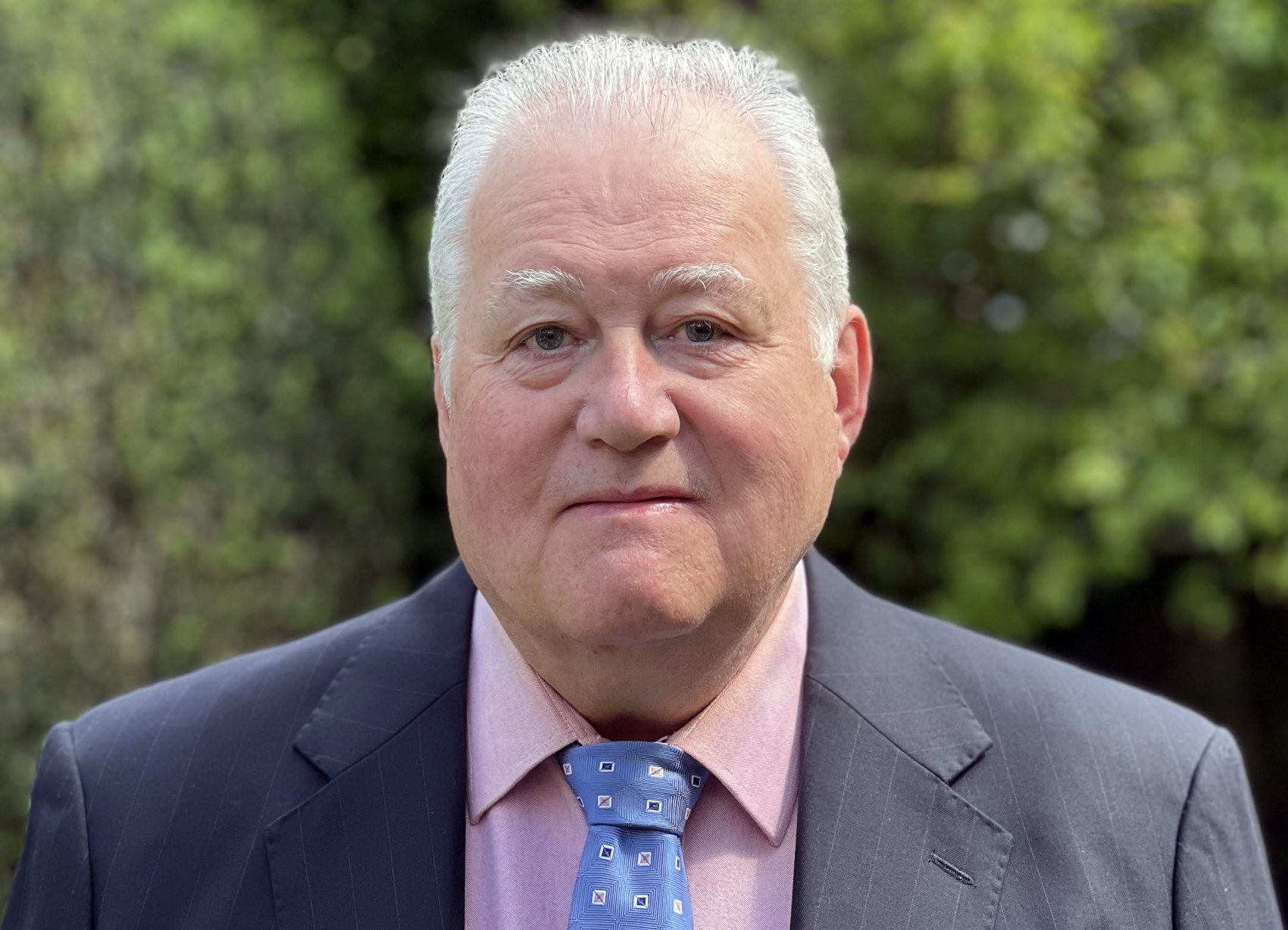First time author Ben Fergusson has scooped the Historical Writers’ Association 2015 Debut Crown Award for new historical fiction with The Spring of Kasper Meier.
Ben was presented with the coveted award worth £2,000 by broadcaster Mark Lawson at the opening night of the Harrogate History Festival (October 22) at the Old Swan Hotel, Harrogate.
The event, hosted by Harrogate International Festivals, also saw War Horse author Michael Morpurgo, who has written more than 130 books for children, receive the Outstanding Contribution to Historical Fiction Award.
Morpurgo said:
I am delighted and honoured to be presented with this special Award. History is the foundation of our society, who we are and where we are going, and it is crucial that we pass this on to our young people.
What has happened before shapes the culture of our society.
New author Ben, a translator and editor, beat off stiff competition from a shortlist of six, for his book set in Berlin in 1946. The post-war thriller traces the strained friendship between black-market trader, Kasper Meier, and Eva Hirsch, his young blackmailer, as occupying soldiers begin to be killed in mysterious circumstances.

Ben said:
It means a huge amount to win this award. There was a lot of warmth in the room, and congratulations to everyone on the shortlist.
Firstly, I’d like to thank my mum, who was my first reader, and to thank my husband Tom, who is German and is why I wrote about Germany.
I’d also like to thank Clare Smith from Little Brown, and Karolina Sutton at Curtis Brown.
The other shortlisted titles were Wake by Anna Hope, The Devil in the Marshalsea by Antonia Hodgson, Winter Pilgrims by Toby Clements, The Good Italian by Stephen Burke and The Strangler Vine by MJ Carter.
HWA chair Manda Scott said:
This is the fourth year of the prize and it has been growing every year both in the number of books submitted, and their quality. Each of these books is exceptional, it would be good to split the prize six ways, but there had to be a winner.
Ben Fergusson’s ‘The Spring of Kasper Meier’ is a truly outstanding work of fiction that will, I hope enter into the canon of English literature. It takes the known tragedies of the Second World War and extends them into what was, for most of the judges, an unknown arena: Berlin in the immediate aftermath of war, when the city was in ruins and the rubble gangs foraged for survival.
The reality of it, the horror, was visceral and yet told with an immense and compassionate beauty. It’s a masterpiece. To have written it as a first novel is an exceptional achievement.







